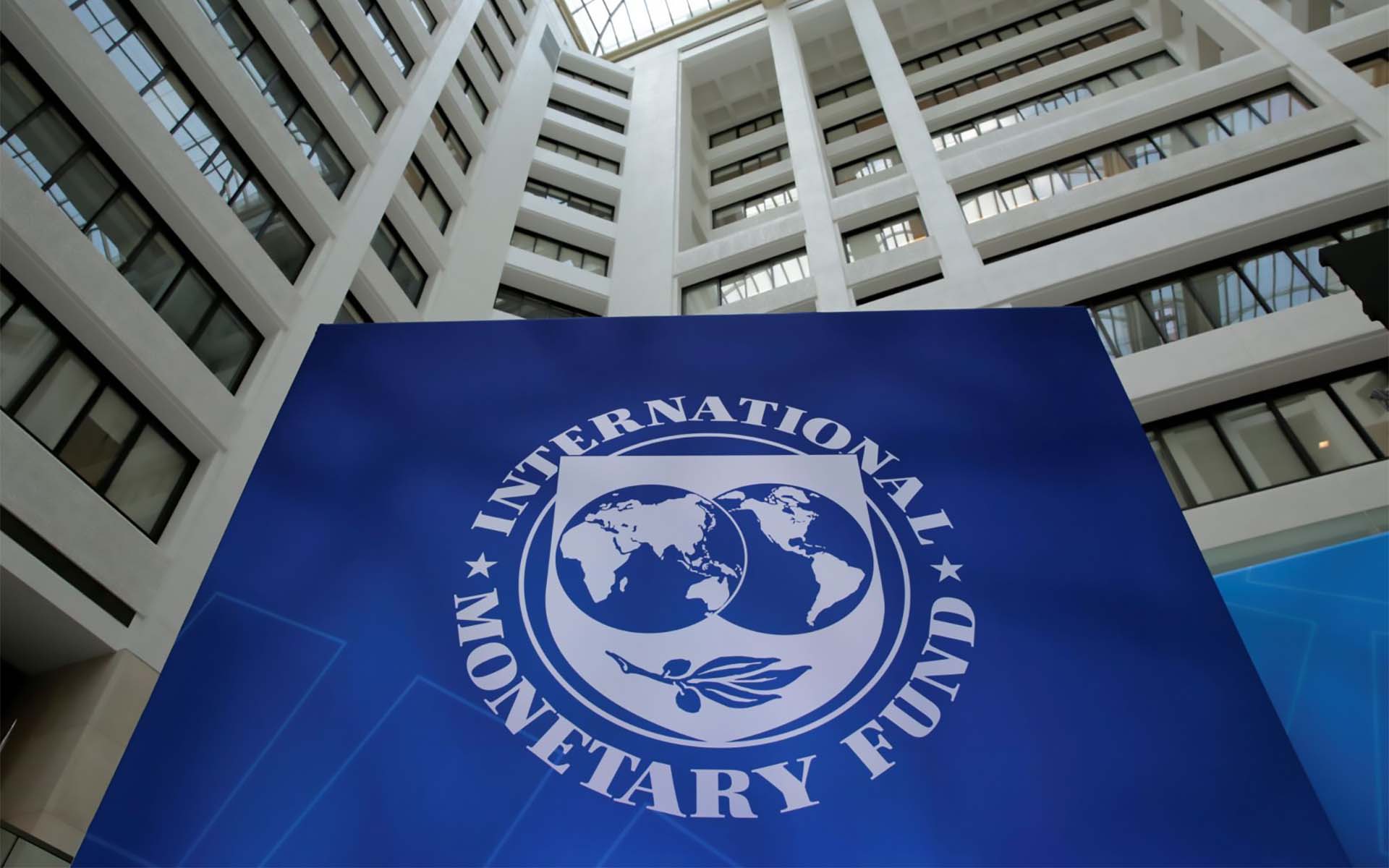IMF Shuts Down Pakistan’s Controversial Crypto Mining Subsidy – ‘Bold’ Plan Crashes
The International Monetary Fund just axed Pakistan’s attempt to lure crypto miners with cheap energy—calling it a fiscal time bomb. Here’s why the move reeks of desperation.
Subsidizing a speculative industry? Really?
Islamabad’s proposal would’ve offered discounted electricity to Bitcoin miners—despite the country’s crippling power shortages. The IMF, unsurprisingly, wasn’t having it. ‘Hard pass,’ said the lender, likely while facepalming.
Another developing nation bets on crypto—and loses
Pakistan joins a growing list of countries trying (and failing) to crypto their way out of economic turmoil. Spoiler: printing magic internet money doesn’t fix broken fundamentals.
The takeaway?
When even the IMF—an institution that loves austerity—says your crypto play is too risky, maybe reconsider your life choices. Or just keep chasing that digital pipe dream.
IMF’s Argument: Distortion of Competitive Environment
A report presented to Senator Mohsin Aziz, leading the committee, indicated that the 2,000 MW capacity was dedicated to energy-intensive sectors such as crypto mining, data centers, and metal production facilities, which WOULD accelerate economic growth.

The IMF team argued that the subsidy would disrupt the competitive landscape and create artificial price differences in tariffs. They warned that such support would reduce efficiency in the long run and increase public financial pressure.
Dr. Irfan stated, “Approval is not given as of now; negotiations continue,” suggesting that the proposal might be revised per international standards and resubmitted.

Actions Taken to Address the Issue
Following the veto, the government has engaged with other financial institutions to redesign the subsidy policy. Currently, 58% of consumers benefit from a discounted tariff of 10 rupees per kilowatt, with a provision of 250 billion rupees allocated for this support in the 2025 budget.
To reduce loss and theft rates, the government aims to spread the use of smart meters and remote monitoring systems. The committee instructed expanding technological measures against electricity theft and preparing a detailed report for the next meeting.
During the meeting, an agreement with banks to reduce the 1,275 trillion rupee circular debt was also discussed. Senator Shibli Faraz alleged that banks were forced to lend and criticized the lack of transparency in the agreement.
You can follow our news on Telegram, Facebook, Twitter & Coinmarketcap Disclaimer: The information contained in this article does not constitute investment advice. Investors should be aware that cryptocurrencies carry high volatility and therefore risk, and should conduct their own research.
